Mozilla and the Quest for Universal Web Literacy
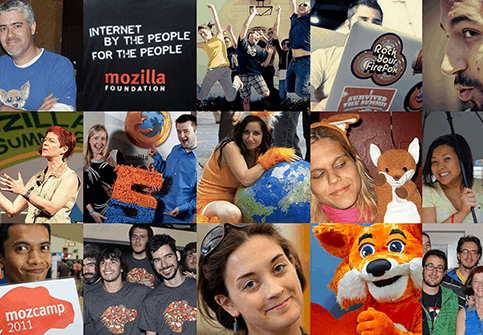
The education startup space is a flurry of activity. There are entrepreneurs, accelerators, investors, and mentors clamoring to make a difference. Everyone has their own idea for something new and exciting, something that’s never been done before. Some want to connect databases of information, others want to streamline communication channels, and others still want to digitize content and curriculum to increase accessibility for all learners. There are startup weekends and hackathons and lots of support to create something new. The question lingers, then, if there’s any room for already-established companies that want to approach problems in education more systemically.
Chris Lawrence and the Mozilla Foundation seek to do exactly that.
Founded in 2003, Mozilla is the name behind popular web browser Firefox and more recently the Open Badges project, which seeks to solve the credentialing problem developing from the ‘free-agent’ economy of self-driven learning, decoupled from accredited institutions of higher education. Chris Lawrence, who serves as the Vice President of Learning for the Mozilla Foundation, a 501(c)(3) non-profit and parent organization of the Mozilla Corporation, recently took some time to talk with us about what he sees for the future of education and Mozilla’s role to shape the future of the web.
Chris views Mozilla as a steward of the web. In this capacity, he sees four specific responsibilities:
- Providing hands-on learning opportunities
- Encouraging social learning
- Keeping the learning process production-oriented, and
- Involving adults and mentors in the learning process.
Since schools and organizations will utilize the software created by companies like Mozilla, it’s increasingly important that there be open dialogue keeping the free exchange of ideas flowing. It is here that we get to the crux of whole-scale change: universal web literacy. It is critical that all students (and adults, for that matter) are universally web literate, able to read, write, and participate digitally. Reading involves the critical consumption of information, not just the ability to interpret text. Writing means having the ability to create new content and even entire structures on the path to full participation in a digital context. Learning to code, for example, is just the beginning. Participation is perhaps the toughest nut to crack, then. Not only must access be provided to millions of households, but the entire mindset of an Internet user today must be changed. “The Internet is not just a sexier TV,” explains Chris. How we participate online needs to be “part of a conversation.”
To do this, Chris is adamant: “we must remove barriers to use… we cannot have paywalls” in education. Efforts like MakerParty and Mozilla Clubs point to a future that is free and open, focusing on being an “agent of change” rather than focusing on being profitable. Chris says he needs “banner carriers” that are willing to contribute and champion the cause for educational change. Through Mozilla’s offerings, you can connect and collaborate with like-minded peers and fully participate in and contribute to the process of educational change, rather than just crossing your fingers and hoping your favorite app company develops that one feature you’d most like to see.
One of the areas where Chris feels Mozilla can have the biggest impact revolves around open-source curriculum. How can we remix our lessons? How can we pull from a variety of sources to create the best ‘learning mashup’ possible? What partner organizations can help contribute? How can we encourage full participation in this process? The answers to the questions seem to point to a common goal: fully participatory, digitally-relevant, hyper-individualized education paths custom-built for each learner. Oh, and you and I are the solution to the problems facing education.
It’s time to get started.
For more blogs by Greg, check out:
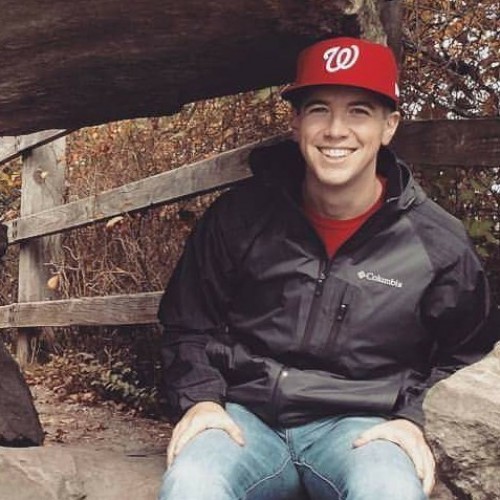


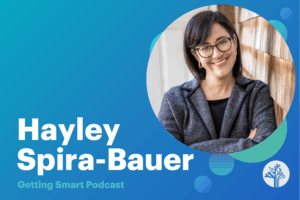
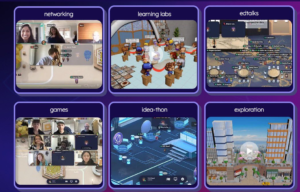


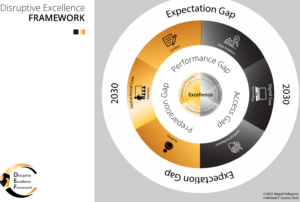
0 Comments
Leave a Comment
Your email address will not be published. All fields are required.